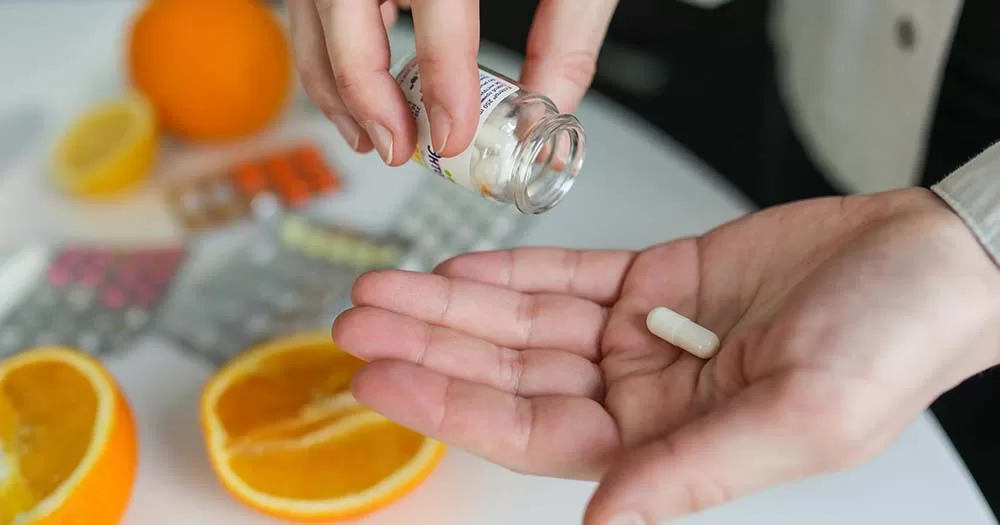National Health Service (NHS) England has decided that children will no longer be able to access puberty blockers at its public gender identity clinics.
After reviewing data from the National Institute for Health and Care Excellence (Nice), an NHS spokesperson said: “We have concluded that there is not enough evidence to support the safety or clinical effectiveness of puberty-suppressing hormones to make the treatment routinely available at this time.”
The decision follows a public consultation regarding the move, which was first proposed in June 2023. At the time, the NHS published a report declaring that it would stop prescribing puberty blockers to children and adolescents, claiming that more evidence of the potential harms and benefits was needed.
Following the report, LGBTQ+ charity Stonewall issued a statement condemning the decision, saying: “The specification states puberty blockers will only be prescribed to children who consent to participate in a medical research protocol. This cannot be right. Treatment should be based on clinical need, and coerced participation in research is unethical.”
The NHS claims that while puberty blockers are physically reversible, the psychological effects are unknown. This contradicts numerous medical studies which demonstrate that access to puberty blockers dramatically improves mental health.
View this post on Instagram
Puberty blockers are an essential component of gender-affirming healthcare that pause physical puberty changes, including breast development and facial hair, by preventing hormones like testosterone and oestrogen from creating puberty-related changes in the body.
They are a safe, effective, and reversible method of treatment that has been studied and routinely used since the 1980s. They are typically prescribed to transgender adolescents experiencing gender dysphoria, but they are also prescribed to children who begin puberty prematurely and adults experiencing hormonal medical conditions.
Access to gender-affirming care reduces rates of depression, gender dysphoria and suicide among transgender people, and a 2022 study confirmed that 98% of teenagers who access gender-affirming healthcare continued using hormone replacement therapy (HRT) into adulthood.
Trans charity Mermaids described the announcement as “deeply disappointing” news for its communities. The organisation issued a statement on Instagram assuring its patients: “Those currently prescribed puberty blockers won’t see any changes to their treatment, and this is a pause on prescribing – not a ban.”
So much misinformation about the NHS no longer providing puberty blockers. Some facts:
-UK children can still access PBs in private practice
-The decision was based on politics, not medical research
-PBs have been safely used for 40+ years
-Only <100 kids use PBs via the NHS pic.twitter.com/gMpFmASSWT— Eli Erlick (@EliErlick) March 12, 2024
Currently, fewer than 100 youth in England are receiving puberty blockers via the NHS, but there was a sharp rise in referrals to the Gender Identity Development Service (GIDS) in recent years and roughly 5,000 young people are on a waitlist for referral to gender clinics.
Now, puberty blockers will only be available to children who have access to private practice care, and those who are able to be part of clinical research trials. A trial is scheduled to begin later this year, but no details about eligibility have been shared.
The change will predominately affect new regional services supporting under-18 transgender patients scheduled to open next month, which were previously planning to use them as part of their treatment plans.
Moreover, this decision will impact transgender youth in other countries, including Ireland.
This will affect trans kids in Wales.
This is withholding healthcare and medical cruelty.
My heart aches for those kids. They don’t get a choice or input. This goes against best practice for trans kids.
It’s so cruel and punishes trans kids for just trying to be themselves https://t.co/DTHfIgEeMT
— Shash / சஷ் @itsshash.com on bsky (@itsShash1) March 12, 2024
Because Ireland’s current model for transgender healthcare has been identified as the worst in the EU for its 10-year waiting lists and intrusive and harmful evaluation practices, travelling outside of the country for care is the only option for many.
The NHS decision only applies to England; other UK countries including Scotland will continue to offer puberty blockers.
© 2024 GCN (Gay Community News). All rights reserved.
Support GCN
GCN is a free, vital resource for Ireland’s LGBTQ+ community since 1988.
GCN is a trading name of National LGBT Federation CLG, a registered charity - Charity Number: 20034580.
GCN relies on the generous support of the community and allies to sustain the crucial work that we do. Producing GCN is costly, and, in an industry which has been hugely impacted by rising costs, we need your support to help sustain and grow this vital resource.
Supporting GCN for as little as €1.99 per month will help us continue our work as Ireland’s free, independent LGBTQ+ media.

comments. Please sign in to comment.